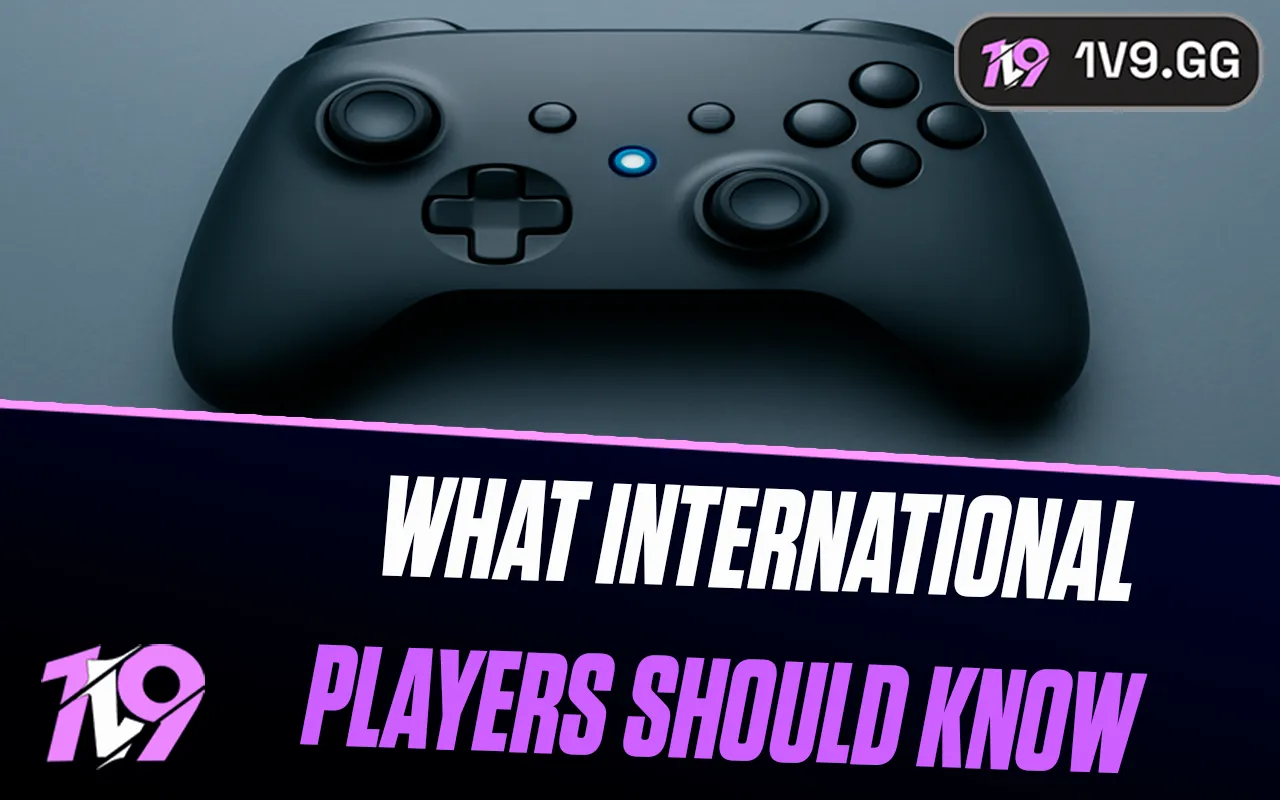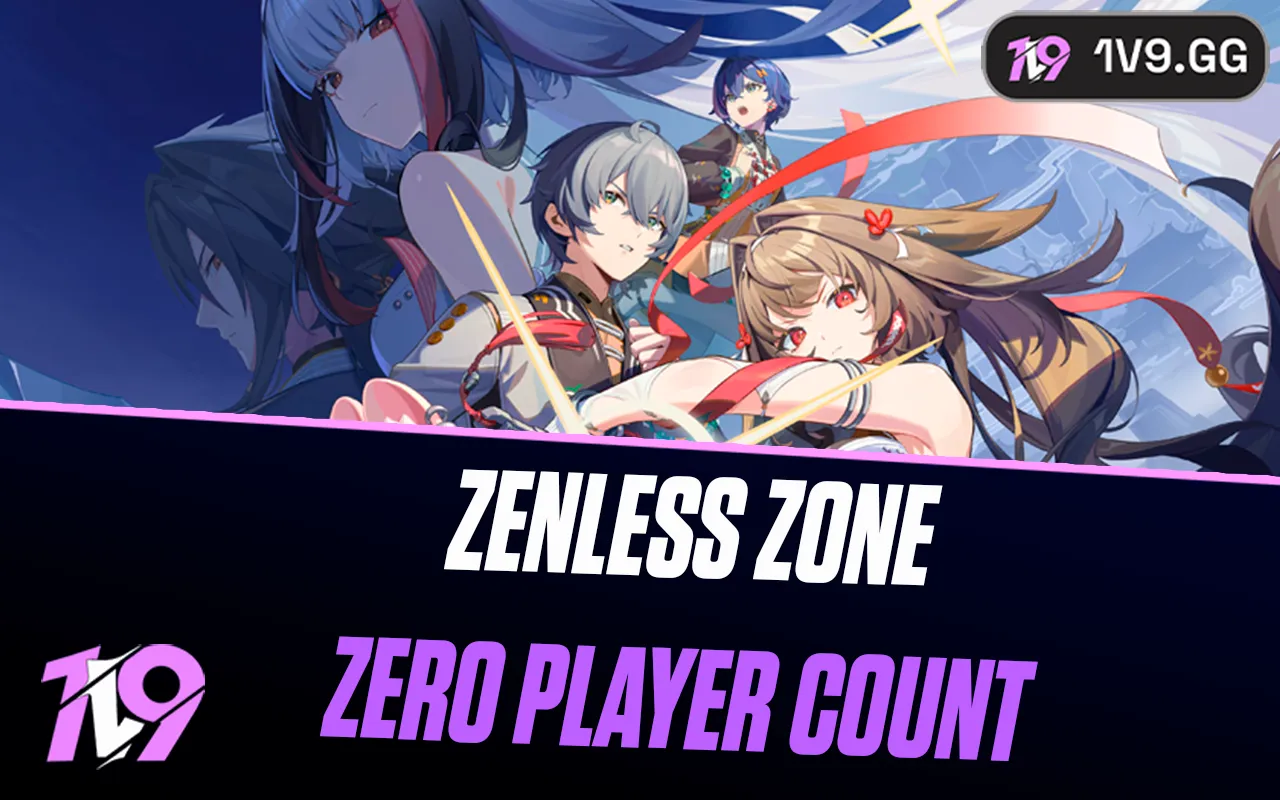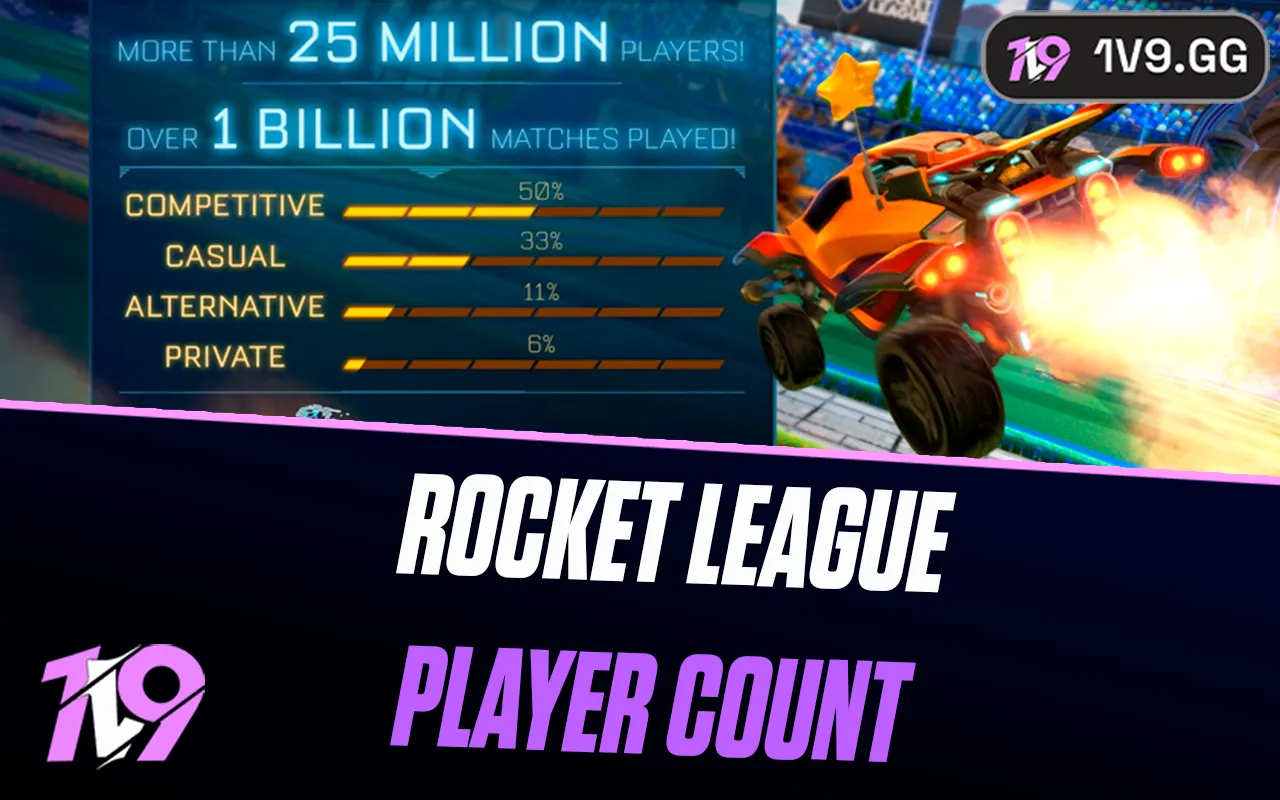- Home
Games
 League of Legends
League of Legends Valorant
Valorant-a6d5b3e156bb.webp) Fortnite
Fortnite Call of Duty
Call of Duty Clash of Clans
Clash of Clans GTA 5
GTA 5 Counter-Strike 2
Counter-Strike 2 Roblox
Roblox Rainbow Six Siege
Rainbow Six Siege Clash Royale
Clash Royale Minecraft
Minecraft Dota 2
Dota 2 Rocket League
Rocket League Genshin Impact
Genshin Impact Squad Busters
Squad Busters Rust
Rust Apex Legends
Apex Legends Pokemon Go
Pokemon Go XDefiant
XDefiant Hay Day
Hay Day LoL: Wild Rift
LoL: Wild Rift Diablo 4
Diablo 4 World of Warcraft
World of Warcraft Destiny 2
Destiny 2 FC 25
FC 25 Marvel Rivals
Marvel Rivals-9ede9dc6b01b.webp) PUBG Mobile
PUBG Mobile The Finals
The Finals Deadlock
Deadlock Forza Horizon 5
Forza Horizon 5 Growtopia
Growtopia Honkai: Star Rail
Honkai: Star Rail 8 Ball Pool
8 Ball Pool Warframe
Warframe Zenless Zone Zero
Zenless Zone Zero Runescape 3
Runescape 3 Path of Exile
Path of Exile Raid: Shadow Legends
Raid: Shadow Legends Lost Ark
Lost Ark WoW: Classic Era
WoW: Classic Era Summoners War
Summoners War WoW: Season of Discovery
WoW: Season of Discovery WoW Cataclysm
WoW Cataclysm WoW: Hardcore
WoW: Hardcore Throne and Liberty
Throne and Liberty New World
New World Mobile Legends
Mobile Legends Escape From Tarkov
Escape From Tarkov Path of Exile 2
Path of Exile 2 Blade Ball
Blade Ball Fisch
Fisch Pet Simulator 99
Pet Simulator 99 Pets Go
Pets Go-d8bcef7708c7.webp) One Piece Bounty
One Piece Bounty Anime Adventures
Anime Adventures Blox Fruits
Blox Fruits Adopt Me
Adopt Me Murder Mystery 2
Murder Mystery 2 Fragpunk
Fragpunk Wuthering Waves
Wuthering Waves Free Fire
Free Fire Teamfight Tactics
Teamfight Tactics Albion Online
Albion Online Black Desert Online
Black Desert Online Honor of Kings
Honor of Kings Brawl Stars
Brawl Stars Arena of Valor
Arena of Valor Call of Duty: Mobile
Call of Duty: Mobile Rematch
Rematch Steal a Brainrot
Steal a Brainrot Grow a Garden
Grow a Garden FC 26
FC 26 Plants vs Brainrots
Plants vs Brainrots Old School Runescape
Old School Runescape Overwatch
Overwatch Battlefield
Battlefield Arc Raiders
Arc Raiders Dragon Ball Legends
Dragon Ball Legends Fallout 76
Fallout 76 Jailbreak
Jailbreak Type Soul
Type Soul GPO
GPO DonutSMP
DonutSMP Escape Tsunami For Brainrots
Escape Tsunami For Brainrots Watcher of Realms
Watcher of Realms Roblox Rivals
Roblox Rivals- Lootboxes
- Become Affiliate
- Blog
- Contact Us
- Sign In

What International Gamers Should Know About Getting US-Only Games
You probably already know how annoying it is when you can't get a game or special event that is only available in the US. For a lot of gamers outside the US, trying to get exclusive content often leads to a maze of banned access, complicated restrictions, and legally murky zones. Some of the most enticing content remains region-locked, leaving international players eager to unlock US-only gaming content.
This article explains why there are regional constraints and gives you some ideas for how to access US-only content without infringing any rules or putting your account at risk.
Why Games Have Restrictions Based on Region
Licensing agreements and publishing rights are the main reasons for most regional barriers. Game developers often tailor releases based on demand and profitability in specific regions, leading to exclusive content in areas like the United States. This can be due to economic negotiations, cultural reasons, or legal reasons. What happened?
Some games that are quite popular might not come to other nations for months, and some never do. These constraints not only determine how available something is, but they also affect the price, features, and even the storylines that different regions get.
Publishers regularly change prices to fit the economies of the places where they sell their books. That makes games cheaper in some areas, but it also makes it harder for players to buy them from other places. Also, certain information may be changed or removed to fit local cultural norms, which means that the "same" game can seem extremely different depending on where you live.
Things are harder because of technical problems. To cut down on lag for players in the area, servers are frequently put in certain places. Companies invest heavily in regional server networks to maintain quality service, which further reinforces the geographic boundaries of content distribution. If you're connecting from outside the US, you might still be able to join, but the experience will be slower and less fluid. These choices for infrastructure are good for quality, but they tend to make digital borders stronger.
The Anger of Being Locked Out
For gamers from other countries, region li
mitations don't just keep stuff from being seen; they also keep people from getting together. Players that can't get to a given release miss out on events, in-game collaborations, and debates that players in other regions get to experience. It's not just that you miss a function; you also miss out on the moments that make gaming memorable.
These gaps can even influence how communities grow. Players who have access end up making guides, developing trends, and talking about strategies that other players can't join in on. People who aren't in the target area may feel like online environments are smaller and less welcoming when they are excluded like that.
Technical issues just make things worse. If you want to play competitive games, trying to connect to servers on the other side of the world can cause slowness, disconnections, and excessive load times. And if the interface or dialogue hasn't been translated, you might have to guess what the next objective or menu item implies.
Before You Try: The Legal Side of Things
It's easy to want to take the easy way out, but it's important to know what's really allowed first. Every country has its own restrictions about how digital media can be shared, and occasionally getting around region locks can break a platform's terms of service or even the law in that country.
Most gaming platforms keep an eye out for strange conduct these days. They look at IP addresses, payment locations, and other information to find people who are trying to get around restrictions. If you get detected, you could be banned for a short time, for life, or even lose access to your library.
But that doesn't imply you don't have any other choices. It only implies that you need to keep within the limits of what is clear and legal.
Better (and Safer) Ways to Get to US-Only Content
There are still legal ways to enjoy new releases or exclusive content that is only available in some areas.
Take part in worldwide beta tests or early access programs. Before formal debuts, developers typically let players from all across the world test the gameplay or servers on these.
Use gift cards from trusted stores that are only good in your area. You can use them to legally unlock games at the right regional shop.
If the platform lets you, make distinct accounts for each location. You have to set it up a little, but most terms of service allow it if you do it right.
Following global gaming communities and forums where people talk about future release dates and legal ways to get games is also helpful. Half the battle is staying educated, and that protects you from using unsafe approaches.
Once you've expanded your library with new gaming content, it's vital to ensure a safe online environment as you explore these newfound opportunities. Prioritizing cybersecurity measures protects personal information and enhances overall gameplay enjoyment by reducing risks associated with digital interactions. Use secure passwords and payment methods that have been checked when you buy something or log into a new site. It's not only about getting access to material; it's also about keeping your data safe as you do it.
The Bottom Line
Gaming is supposed to bring people together, yet sometimes it feels like we're in different universes because of geographical borders. If you know why those constraints are there and how to work with them, you'll have a greater chance of enjoying what the global gaming market has to offer.
You don't have to break the rules to try out new games. Keep your curiosity, stay informed, and stay within the law. This way, you may add more games to your library and meet people from all over the world without putting your account or your peace of mind in danger.
Posted On: October 20th, 2025
Recent Articles
💬 Need help?
Our 1v9 support team is available 24/7 to help you with any questions or issues you may have.
support@1v9.gg
Loading...
1v9.gg is not endorsed or affiliated by any game developers or publishers.
2025 1v9, All Rights Reserved, Created By NightDev






